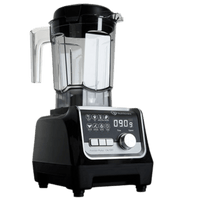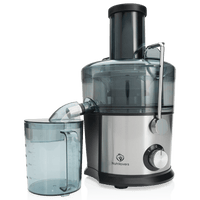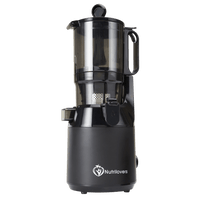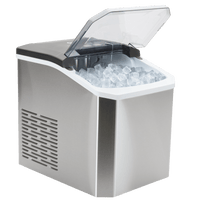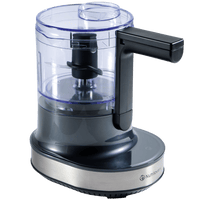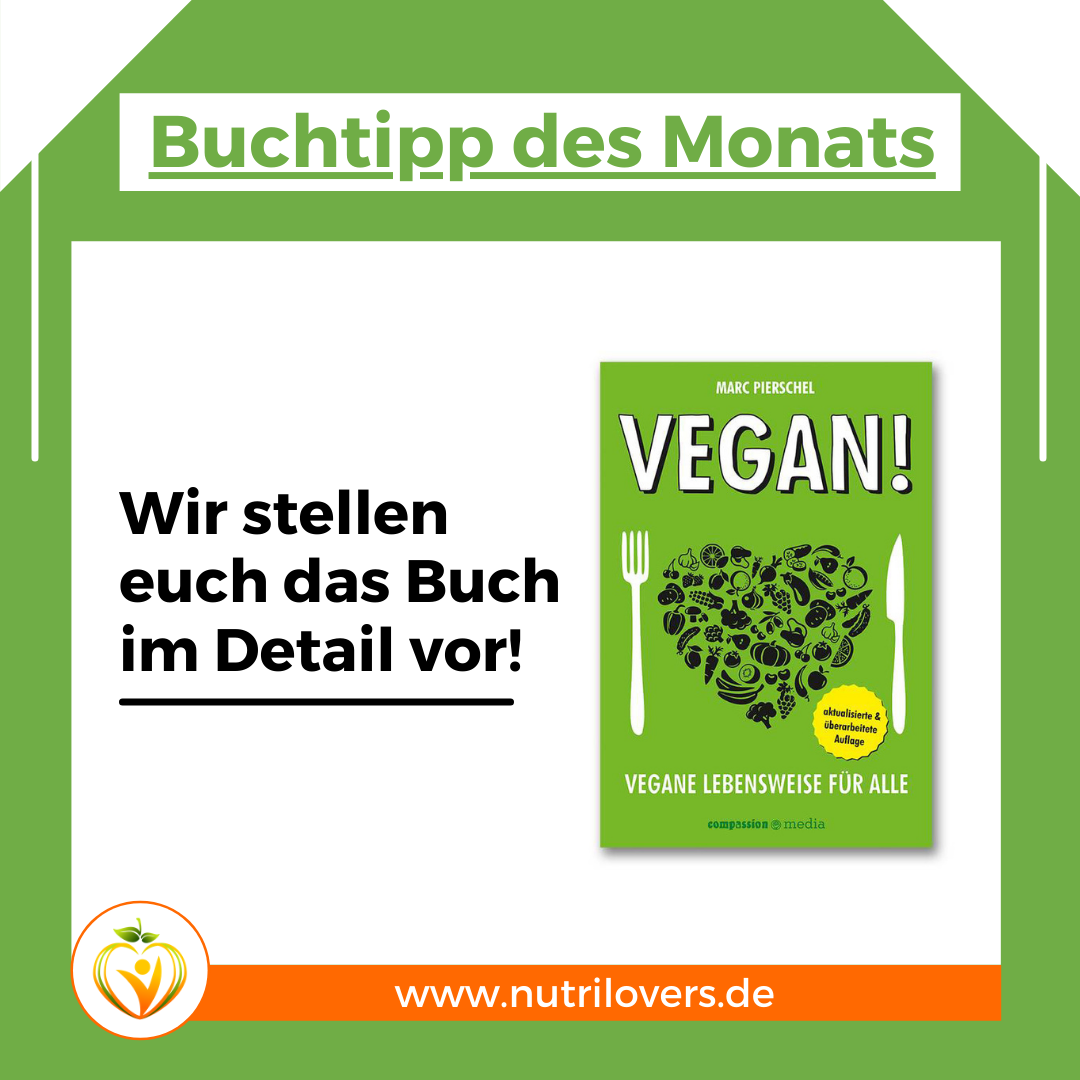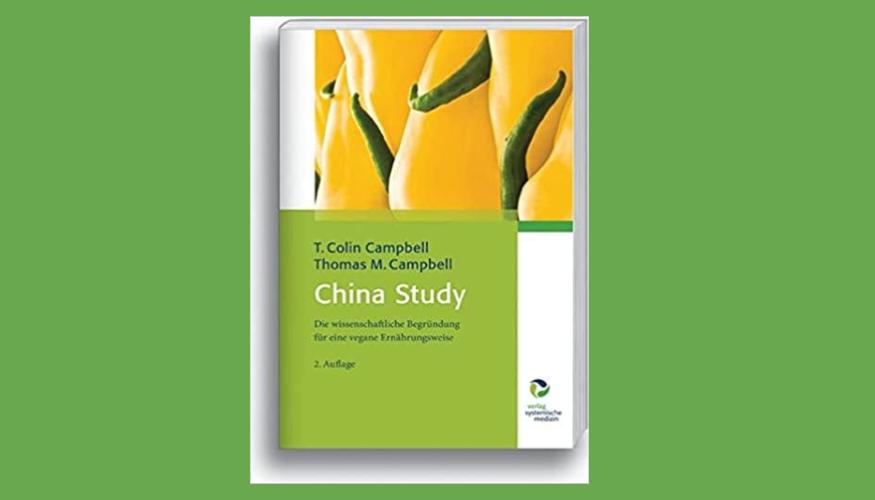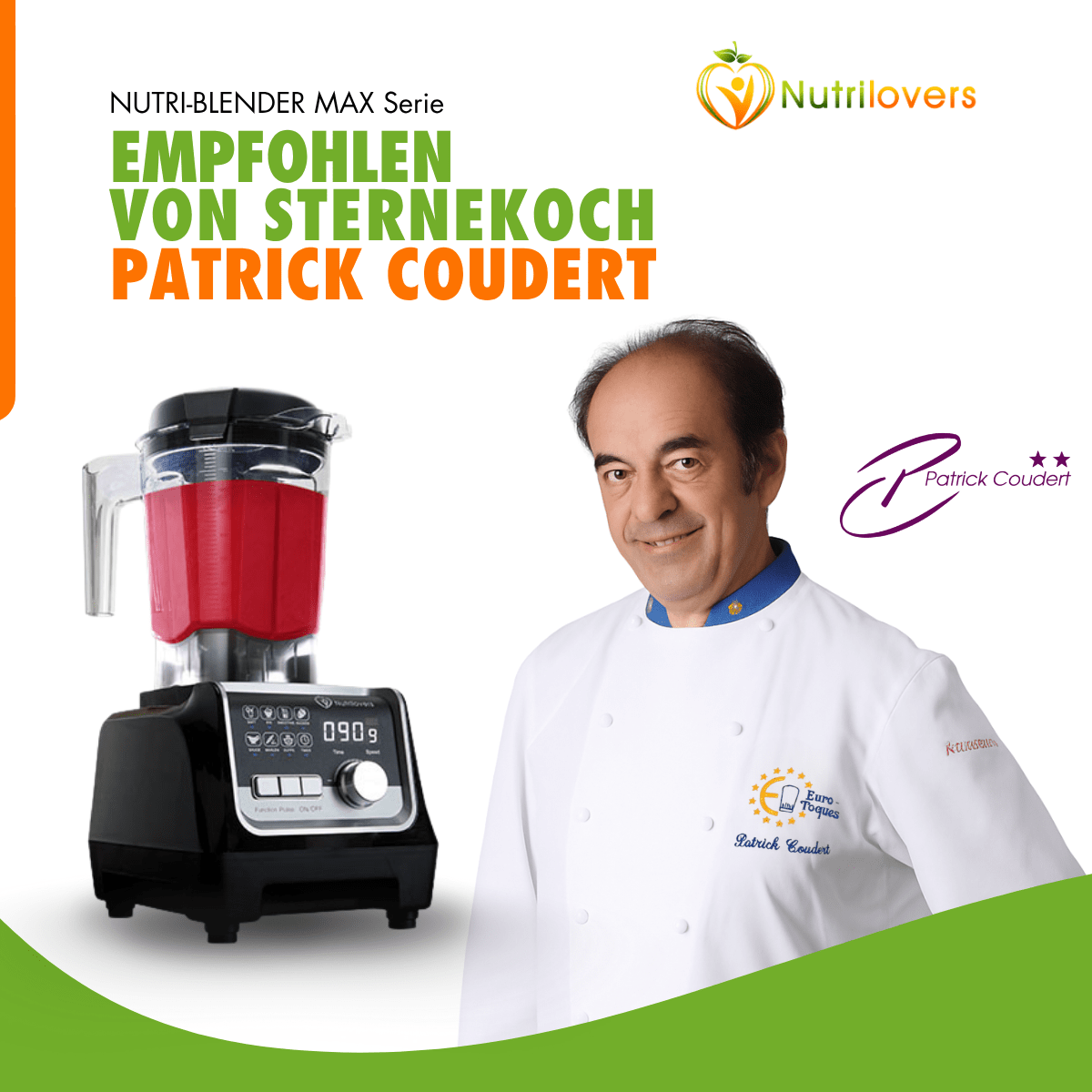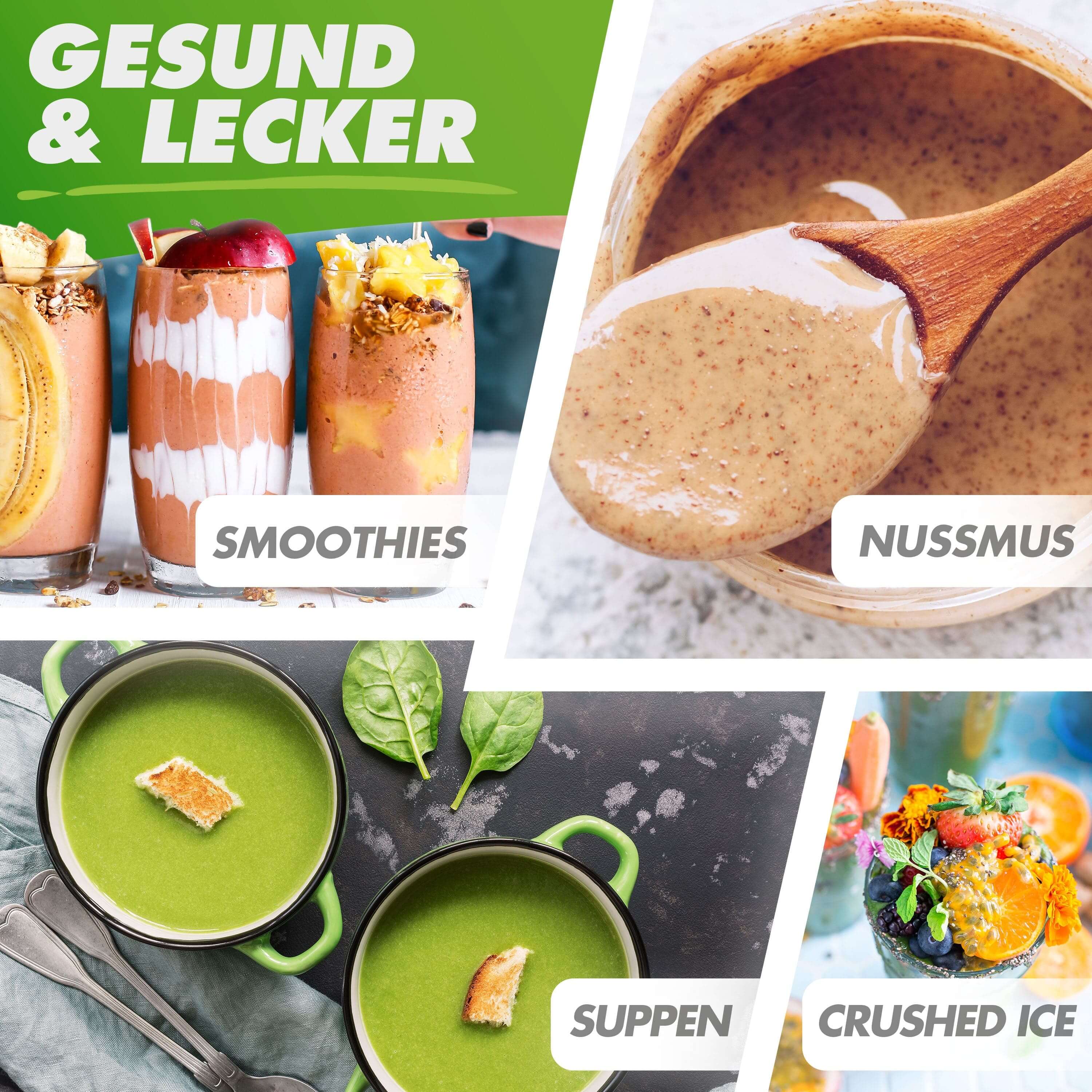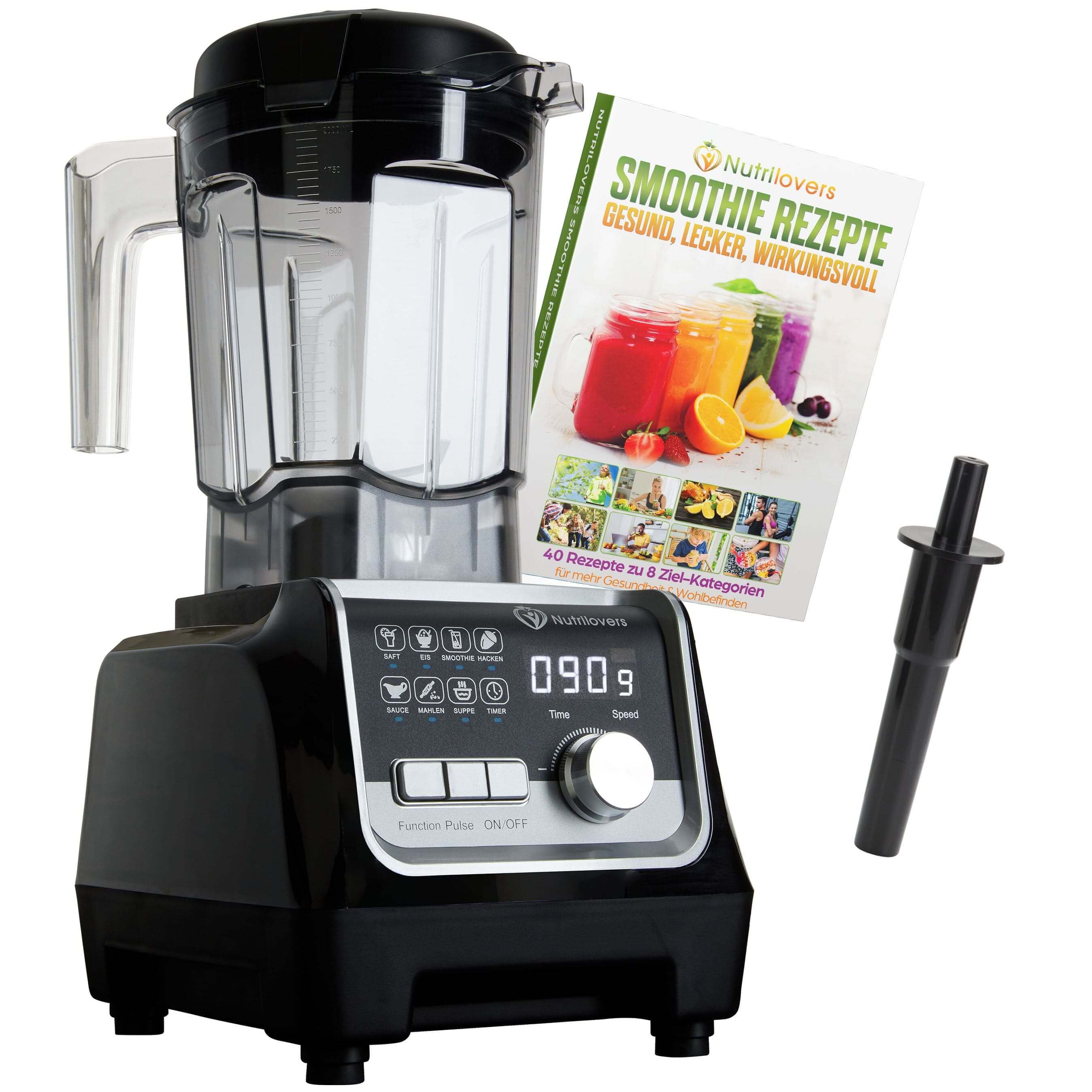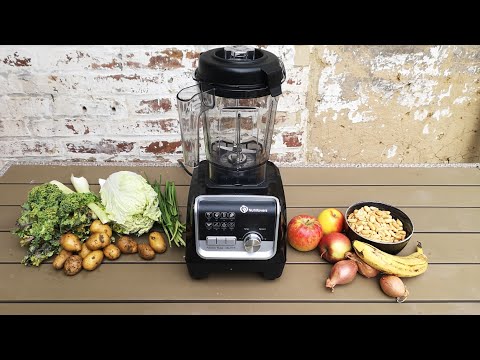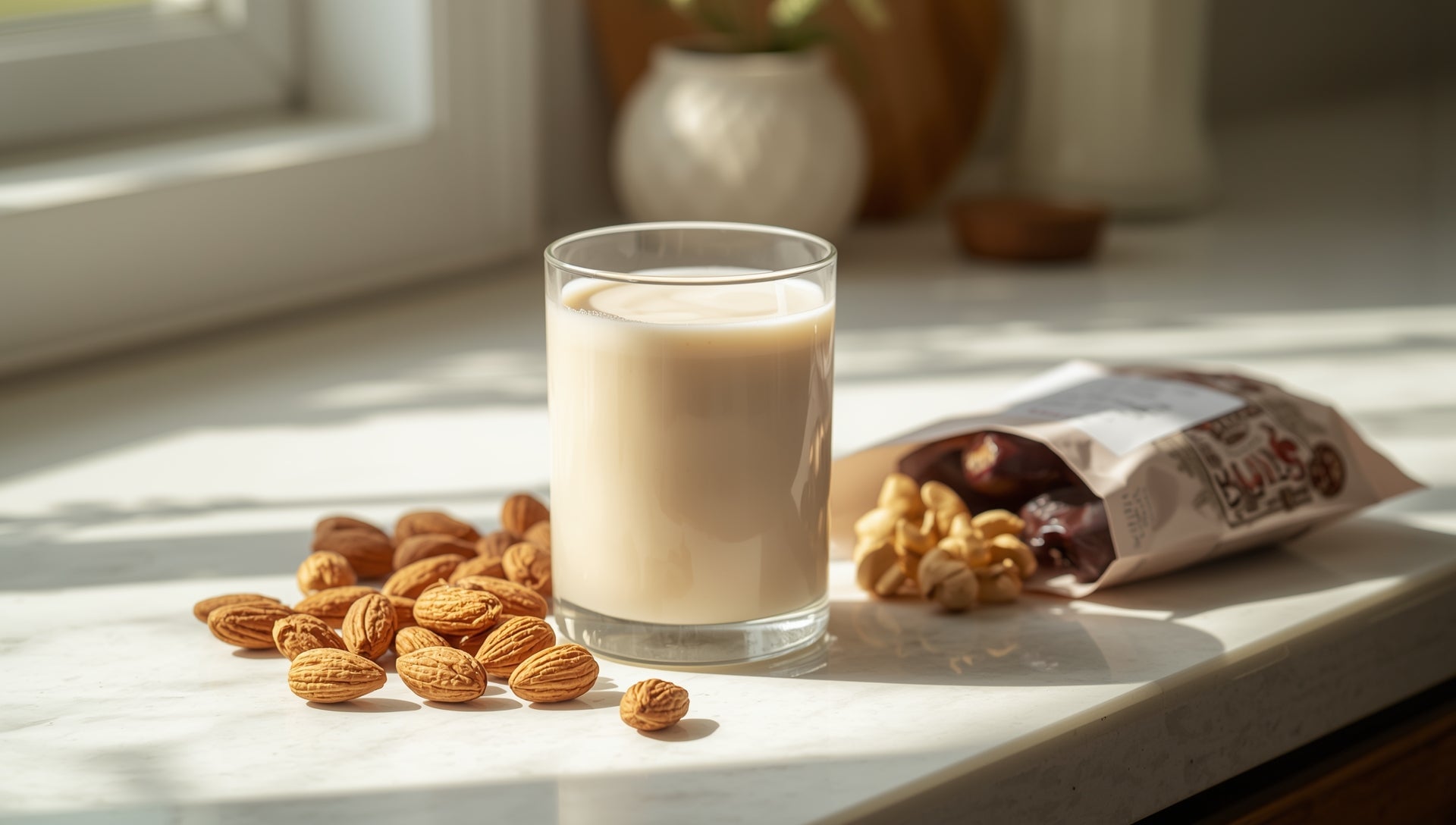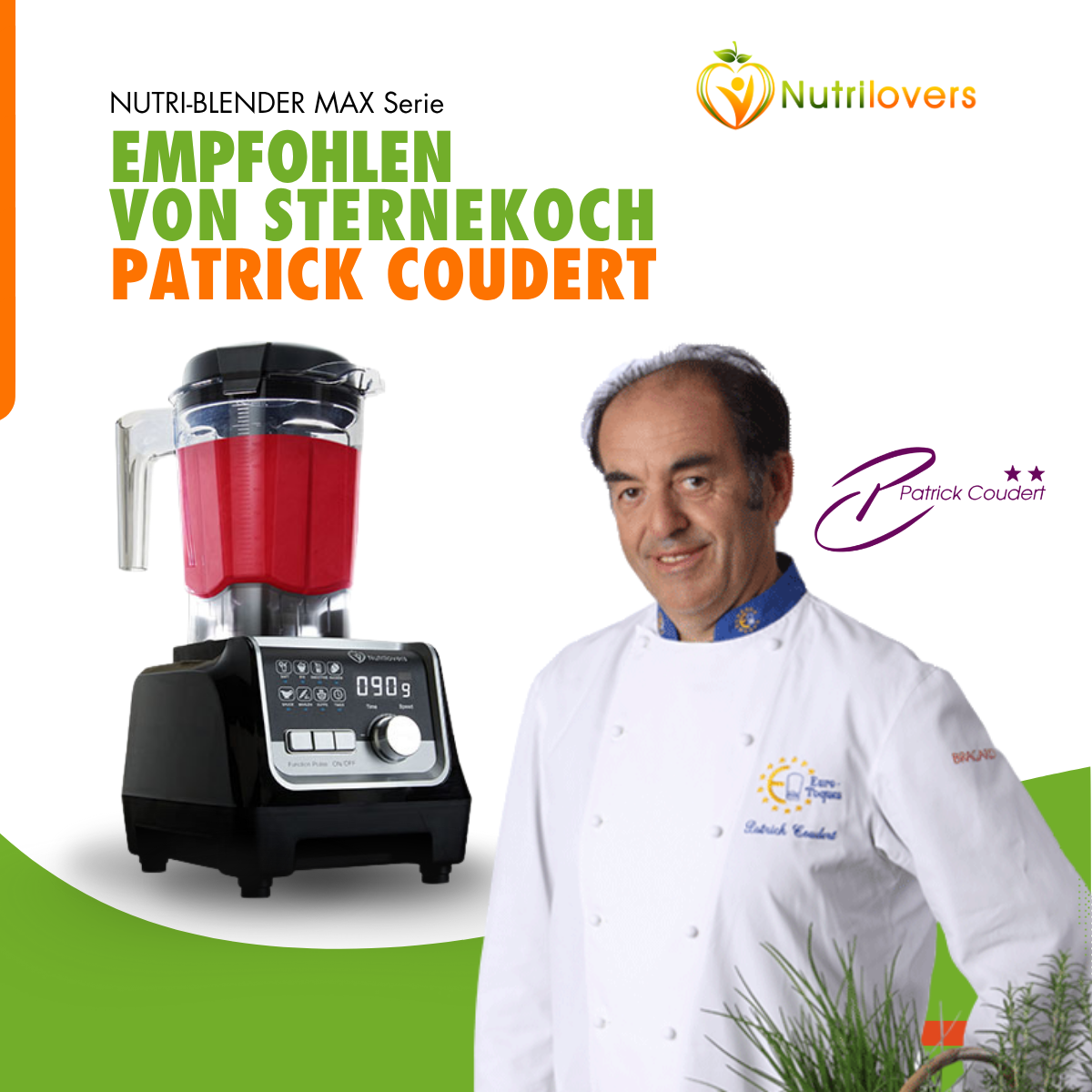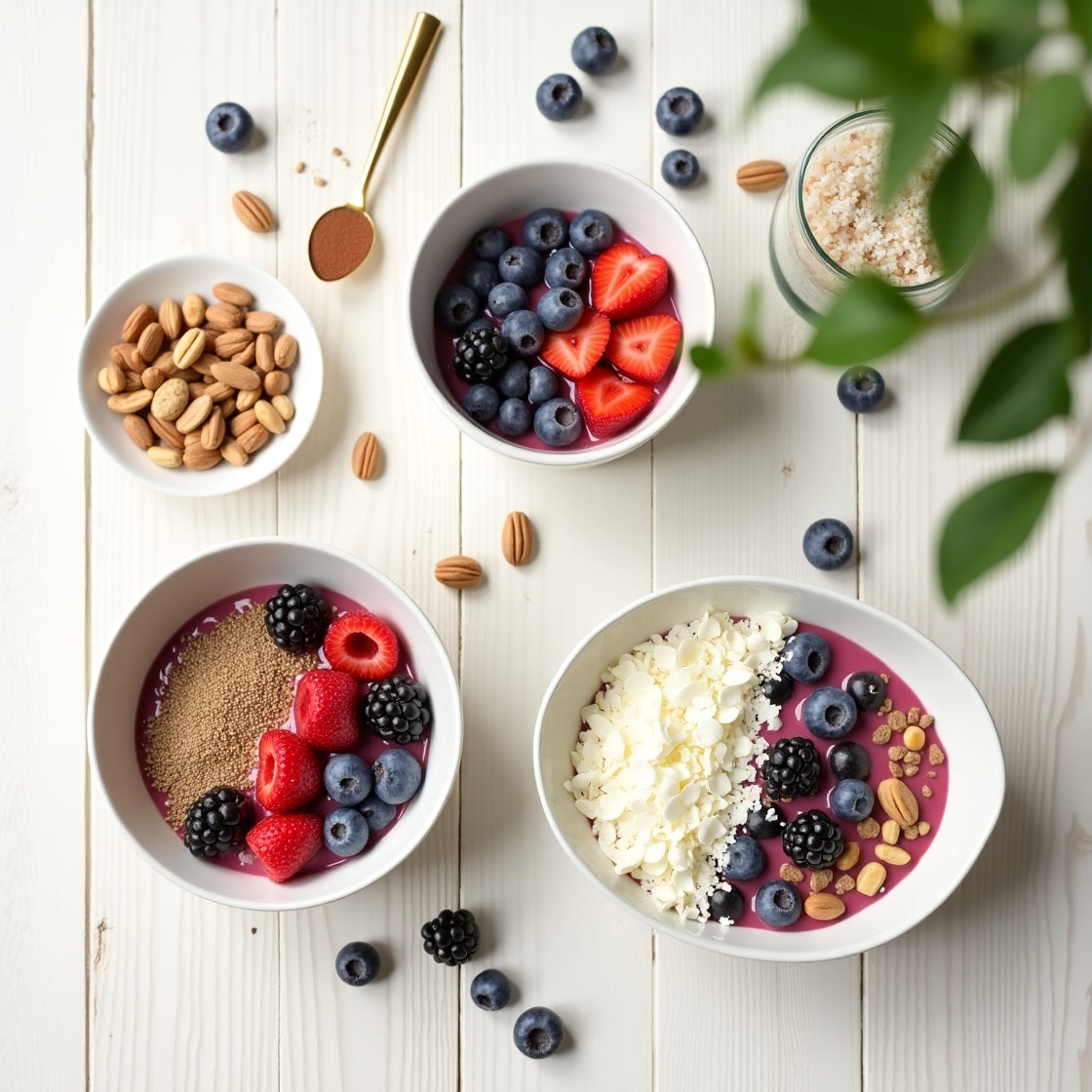Vegan diet: Let's stay objective
Hardly any other topic evokes such high emotions as the debate about lifestyle. Whether it's a vegan diet , vegetarianism, or omnivorous, animal suffering and environmental concerns are a hot topic. While some ignore any responsibility for factory farming and deforestation, others become invasive know-it-alls. Both are difficult to bear, which is why Marc Pierschel's book Vegan! is a blessing for both sides, as it avoids finger-wagging and examines the topics of veganism and healthy eating in a sober and fact-based manner . Fascinating for the curious and the responsible.
Varies from animal to animal
"Man is the measure of all things," the ancient Greeks claimed, and therefore he may place himself above nature. "Thou shalt not kill," in turn, states the fifth commandment of Christianity. The diversity of interpretations that developed from this has haunted us for almost two millennia. Although we cultivate emotional relationships with some animal species, we accept the suffering of others. Probably not intentionally, merely out of economic "necessity." Male chicks are useless and are shredded. Pigs, cattle, and the like suffer under the most adverse conditions – for maximum profit. Sweet kittens and loyal dogs, on the other hand, sleep in man's bed and are declared best friends. Only the horse is allowed to be a cuddly toy, prestige object, and goulash meat all in one. Man, as the measure of all things, applies double standards.
Animals are goods for consumers and things before the law
While "non-human animals" have been considered "things" since Immanuel Kant, we are left with the question of what constitutes "human animals." But no one thinks that far. The fashion, food, cosmetics, and other industries invest billions in marketing strategies that conceal the animal nature of leather, gummy bears, or anti-aging creams from us. Cows on milk cartons always smile, little piggies advocate for environmental protection, and fast-food companies boast of their own maximum sustainability.
Who wants to miss out on delicious foie gras for St. Martin's Day or the traditional herring feast on Ash Wednesday? The loving grandmother who packs 12 eggs into a cake doesn't know that laying hens have to produce to maximize profits, resulting in a loss of calcium from the eggshells in the mother hen's bones. Unfortunately, they then break, but no one notices. A perfectly grilled steak only leaks "juice," not blood. We've heard before that climate collapse is accompanied by deforestation. But the genetically modified monocultures that serve as feed for non-human animals have to be grown somewhere. The marketing still promises healthy nutrition .
Being a vegetarian is not enough
Of course, giving up meat is definitely better for animals, the environment, and health. But anyone who looks more closely and thinks logically knows that cows only produce milk when they are nursing calves. Those baby cows who win the gender lottery and are female also get to become milk machines. Little bulls are unlucky. They become veal. Thanks to the global market economy, many of them travel halfway around the world by truck and ship before their brutal deaths. Things are similarly unfortunate for around 45 million fluffy baby roosters in Germany alone. Not tender enough to be barbecued chickens, they are shredded alive and fed to their mothers and aunts.
Animal cruelty for fashion, beauty and health
Totally on trend: soft fur trim on anoraks, fashionable fur pompoms on hats. While just a few years ago, the fashion industry hid behind deceptively real faux fur, today people are once again confidently embracing the animal on their heads. Foxes, minks, nutrias, and other soft creatures unfortunate enough to have beautiful fur are often skinned alive. Elegant bags made from Italian foal hair accompany casual leather coats made from Pakistani calf hides. The fluffy sheep's wool lining of your coat required the original owner to freeze to death—sheared too early, tough luck.
Fragrant lotions and glossy lipsticks are often first tested on monkeys. Unfortunately, anti-aging wasn't an issue for them. The pharmaceutical industry, of course, also tests on animals first. Rats, dogs, cats, and the like could save human lives. In the cosmetics and fashion industries, a rethink is slowly taking place due to massive protests from animal rights activists and drastic investigative reports – not for ethical reasons, but rather out of fear of falling profits.
Environmental disaster factory farming
Those who remain unemotional toward animals are partly responsible for the climate catastrophe. 20,000 liters of water are needed to produce 1 kg of beef. 550 million square meters of rainforest are cleared every day for monocultures. That's equivalent to the area of 526 football fields per hour. The greenhouse gases produced by animal excrement and fertilizers amount to 7.4 billion tons of CO2. The quantities of manure pollute the groundwater.
Health risk of animal products
It's been proven that meat consumption, combined with industrial processing, has an impact on human health. The term "disease of civilization" encompasses conditions such as cardiovascular and vascular diseases, cancer, allergies, lactose intolerance, diabetes, and much more. Science agrees: The amount of meat, milk, and eggs consumed by the average consumer can only be harmful.
If you also consider the disgusting details that automatically come with animal products, you might feel a bit sick. Genetically modified feed, antibiotics, and other medications that must be administered to the animals due to their unhygienic conditions end up in the human body and the water cycle.
Myth of nutritional deficiencies in vegans
It is often claimed that vegans and vegetarians suffer from deficiencies because they can only obtain iron, calcium, protein, and omega-3 fatty acids through animal products. This is simply false. The body finds it easier to absorb calcium from foods such as kale and sesame. Protein comes from legumes, soybeans, and nuts. The healthy omega-3 fatty acid is found in nuts, olive oil, and especially hemp oil. Only vitamin B12 is rarely found in plant-based foods. Vegans often resort to supplements for this.
Today there are many alternatives for vegans
Many people's desire for a more conscious lifestyle has now influenced the market. Soy, in particular, is used as a meat and milk substitute. Vegan sausages and schnitzels are intended to ease the transition from an omnivorous to a plant-based diet. Milk substitutes are also derived from plants, so there is now a wide range of almond, spelt, soy, and oat milk. Yeast flakes are becoming increasingly popular as a cheese substitute.
The secret hiding places of animal additives in food
You probably wouldn't expect this: Animal ingredients are found in many products. White sugar, for example, which is already harmful, is often decolored with animal charcoal, which is made from blood and bones. Animal substances are also used in technology and household products. Animal ingredients are even found in cigarette lighters and humectants. Fortunately, consumer resistance is prompting producers to react.
Good things take time
Transitioning to a completely vegan lifestyle isn't easy. Most people approach a vegan lifestyle gradually. Don't try to "proselytize." Instead, invite those who haven't considered it to dinner and surprise them: Delicious vegan recipes , vegetarian dishes , and divine spices have already converted many a meat-eater. After all, vegetarian recipes and vegan dishes often taste so much better.
Conclusion
In view of the dramatic conditions in animal husbandry and environmental policy, more and more people are realizing that an omnivorous lifestyle is not justifiable in their own conscience.
If you too would like to do your part to sustainably improve the world we live in, here are three golden rules:
- Keep your eyes open when shopping - you control demand
- Decide how far your veganism goes
-
Don’t proselytize, everyone has to figure it out for themselves
You can find more tips and smart advice for healthy eating in the book “ Vegan! by Marc Pierschel"
You can order it here on Amazon.


